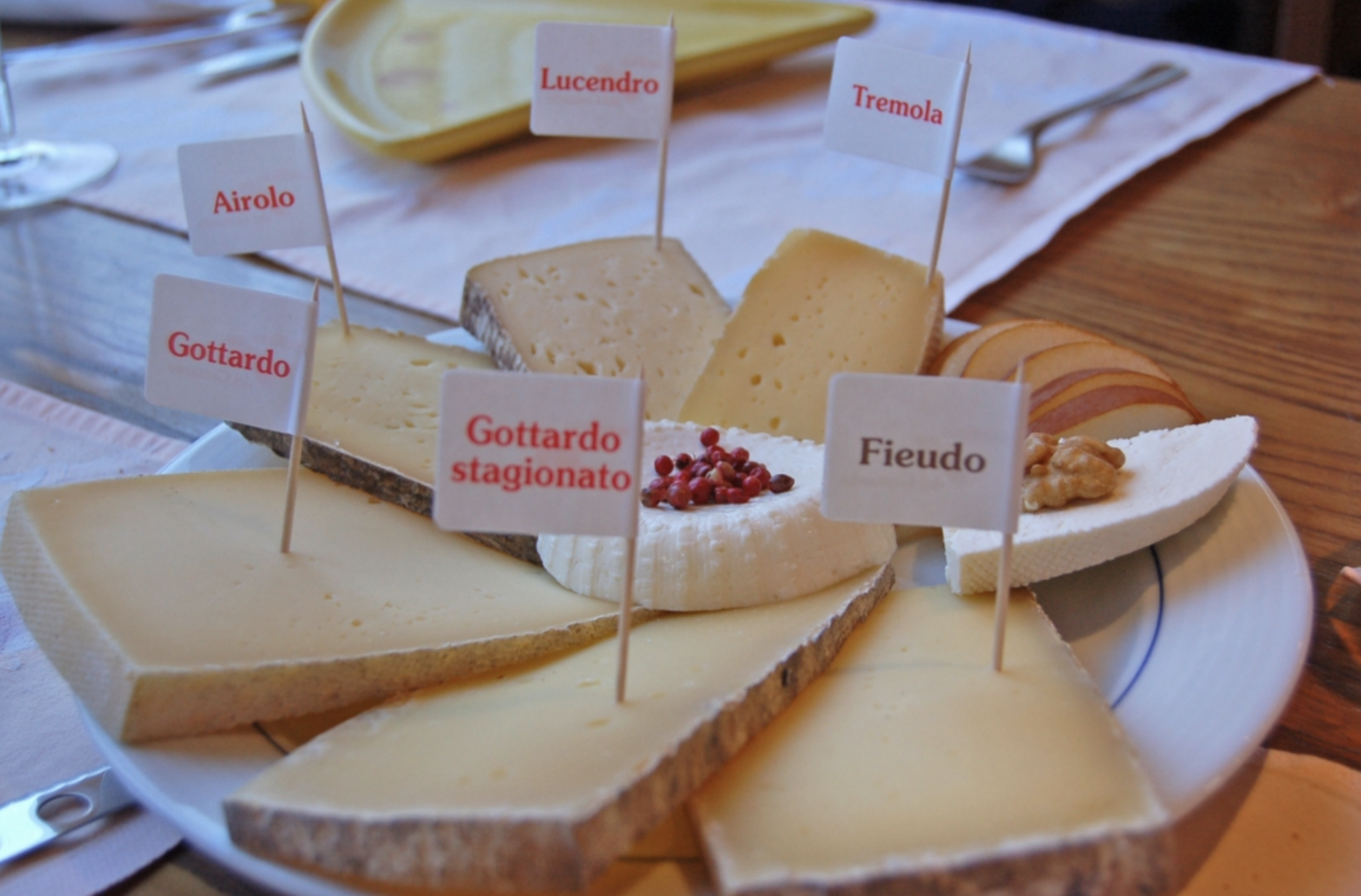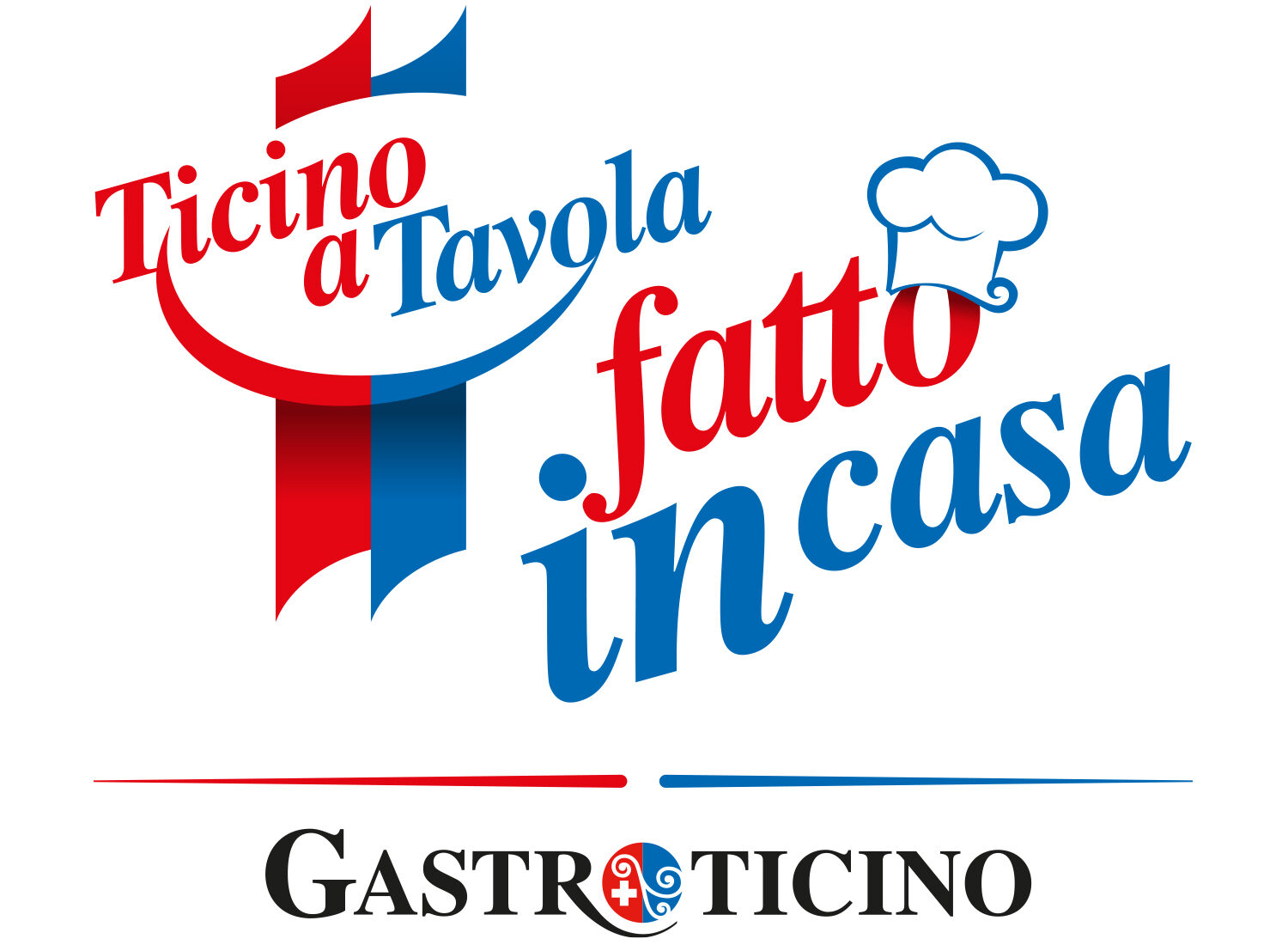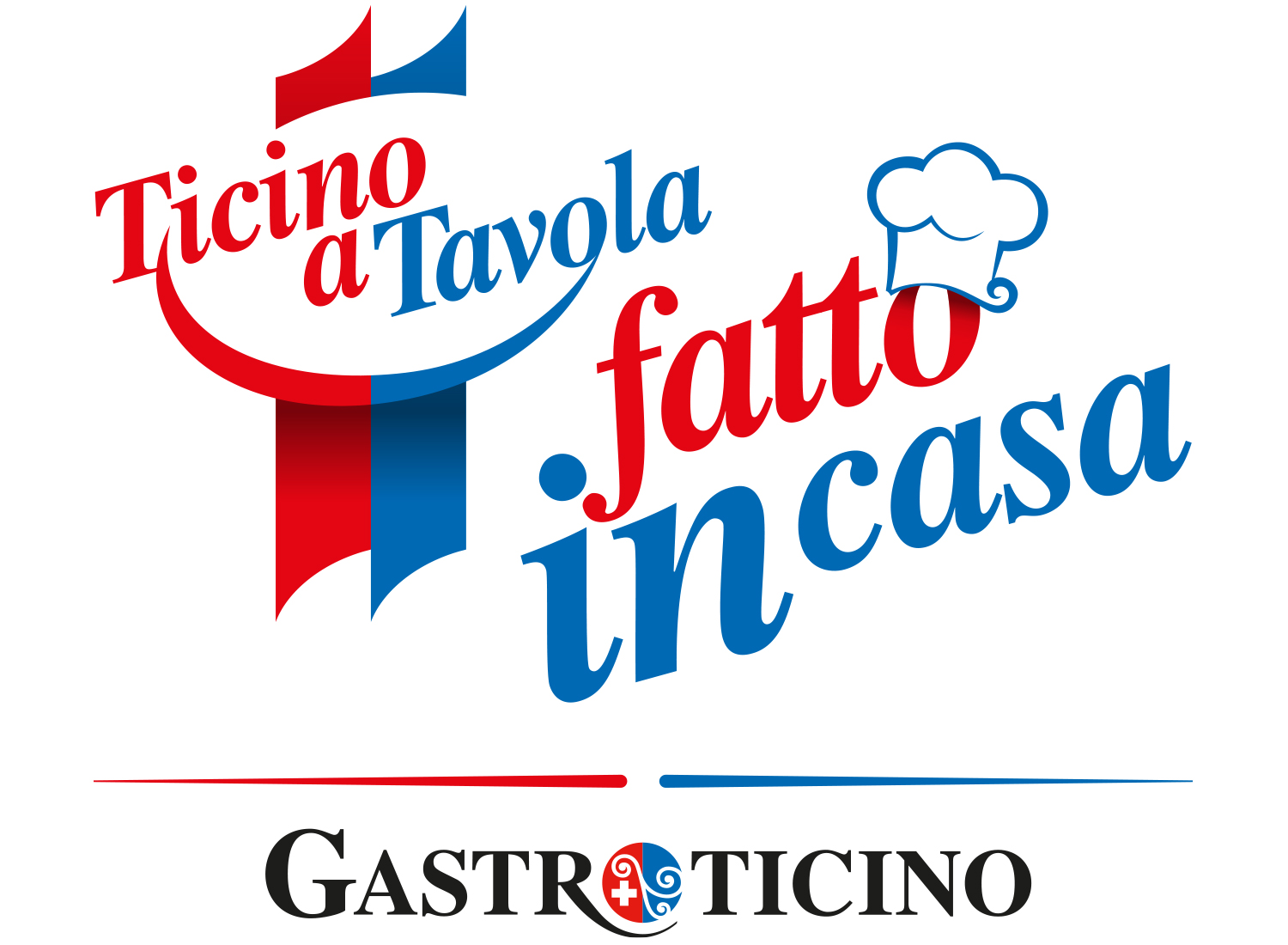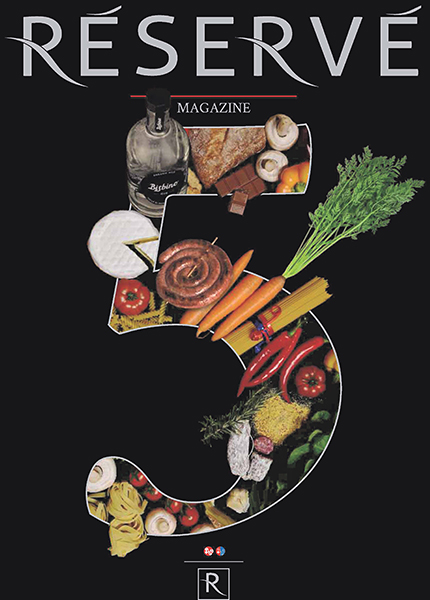
Celati nello scrigno di una natura rigogliosa, i pascoli incontaminati, che si adagiano lungo le pendici dei monti, sono le perle di un Ticino rurale e alpino ancora autentico, e di rara bellezza. Il suono dei campanacci è la colonna sonora di una vita che, sulle Alpi, segue il lento alternarsi delle stagioni. E chi si trova a camminare per gli alpeggi non sa resistere alla tentazione di assaggiare i prodotti che le abili mani dei casari confezionano.
Il latte utilizzato conferisce al formaggio aromi e gusti particolari, a seconda delle foraggere di cui si cibano le mucche, caratterizzate dall’erba mutellina, crepide dorato, piantaggine e dai vari tipi di trifoglio alpino. Sono formaggi d’Alpe, formaggelle grasse e semigrasse, ma anche i cosiddetti formaggi di caseificio, semiduri e grassi. Altrettanto famosi sono i formaggini prodotti con latte vaccino o caprino, piatti o del tipo “büscion” che si mangiano freschi, cosparsi di pepe macinato e olio d’oliva extravergine.
Gli autentici “caprini” sono segnalati con lo speciale marchio “Capra Ticino”. Eccellente è anche lo “Zincarlin”, formaggio fresco a cui vengono aggiunti sale e pepe macinato; di sapore più intenso è lo “Zincarlin della Val da Mücc”, stagionato e lavorato per oltre due mesi con vino bianco secondo un metodo antico.
Die Käse
Versteckt im Schrein der üppigen Natur sind die unbefleckten Weiden von seltener Schönheit, die sich an die Berghänge schmiegen – die Perlen eines ländlichen, alpinen noch authentischen Tessins. Der Klang der Kuhglocken bildet die akustische Untermalung eines Lebens auf der Alp, das dem langsamen Wechsel der Jahreszeiten folgt.
Kaum jemand wird beim Wandern über eine Alp der Versuchung widerstehen können, die von geschickten Käserhänden herstellten Produkte zu probieren. Die verwendete Milch verleiht dem Käse besondere Aromen und Geschmacksrichtungen, je nach Futter mit dem die Kühe gefüttert werden, charakterisiert durch das Alpen-Mutterwurz, den Wegerich und die verschiedenen Kleesorten. Es sind Alpkäse, Formagella (fett und halbfett), aber auch die sogenannten “Käse der Käserei“ (halbhart und fett). Ebenso bekannt sind die Formaggini aus Kuh- oder Geissenmilch (flache oder Typ “büscion”), die übersaÅNt mit gemahlenem Pfeffer und etwas nativem Olivenöl frisch gegessen werden. Die authentischen Ziegenkäse werden mit einem speziellen Label “Capra Ticino” ausgewiesen. Exzellent ist auch der “Zincarlin“, ein Frischkäse, dem Salz und gemahlener Pfeffer beigegeben wird; geschmacklich am intensivsten ist hier der “Zincarlin della Val da Mücc“ – über 2 Monate gereift und regelmässig mit Weisswein nach einer antiken Methode bearbeitet.
Les fromages
Cachés dans l’écrin d’une nature exubérante, les alpages non contaminés qui s’étendent le long des pentes des montagnes sont les perles d’un Tessin rural et alpin encore authentique et d’une rare beauté. Le son des cloches est la colonne sonore d’une vie qui, sur les Alpes, suit lentement le changement des saisons. Et qui se trouverait à cheminer à travers les alpages ne résistera pas à la tentation de goûter les produits que confectionnent les habiles mains des fromagers. Le lait utilisé confère au fromage arômes et goûts particuliers, selon les herbes du pâturage dont se nourrissent le vaches, caractérisées par la mutelline, la crépide dorée, le plantain et les diverses sortes de trèfle alpin. Ce sont les fromages d’alpage, les “formagelle” (fromage mou), grasses et semigrasses, mais aussi les fromages dit de fromagerie, mi-durs et gras. Tout aussi célèbres sont les formaggini (petits fromages frais) produits avec du lait de vache ou de chèvre, plats ou genre “büscion” (plus épais) qui se mangent frais, saupoudrés de poivre moulu et arrosés d’huile extra vierge. Les authentiques “caprini” sont signalés avec la marque spéciale “Capra Ticino” (Chèvre Tessin). Excellent aussi le “Zincarlin”, fromage frais auquel sont ajoutés sel et poivre moulu; de saveur plus intense est le “Zincarlin de la Val da Mücc” mûri et travaillé pendant plus de deux mois avec du vin blanc selon une méthode antique.
Cheeses
Hidden in a treasure trove of natural abundance, the pristine pastures perched on the mountain slopes are the jewels in the crown of Ticino, an exceptionally beautiful and unspoilt rural alpine region. The rattle of cowbells is the soundtrack to an alpine lifestyle that follows the slow progression of the seasons. Those who walk through the mountain pastures find it impossible to resist trying the products crafted by the skilful hands of cheesemakers.
The milk used gives the cheese unique aromas and flavours, depending on the fodder consumed by the cows, which can include Alpine Lovage, Golden Hawk’s-beard, Ribwort Plantain and various species of alpine clover. There are Alpine cheeses and full-fat and semi-fat Formagella as well as the semi-hard and full-fat Formaggi di Caseificio (‘Dairy Cheeses’). The region’s processed cheeses made with cow or goat’s milk are of equal renown. They come either flat or in a ‘büscion’ (cone) shape, and are eaten fresh, sprinkled with ground pepper and extra virgin olive oil.
Authentic goat’s cheese is marked with a special ‘Capra Ticino’ stamp. Another excellent cheese is Zincarlin, a fresh cheese with added salt and ground pepper; the Zincarlin della Val da Mücc, meanwhile, has a more intense flavour, having been left to mature for more than two months and treated with white wine in keeping with an ancient recipe.


